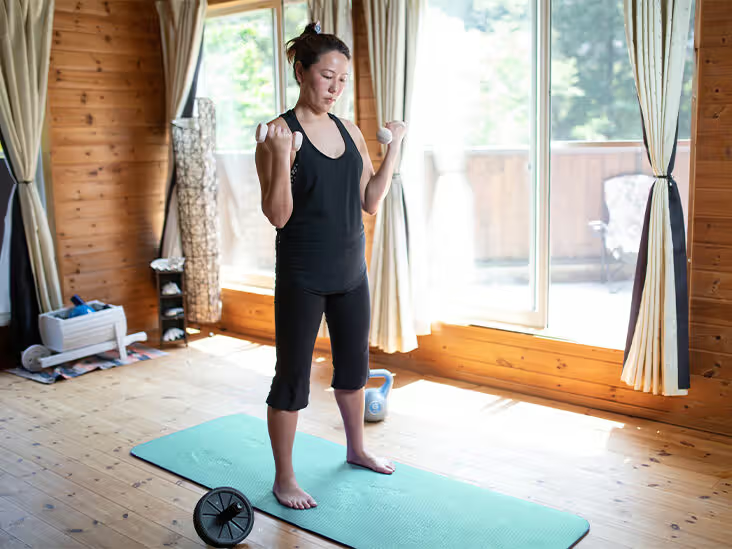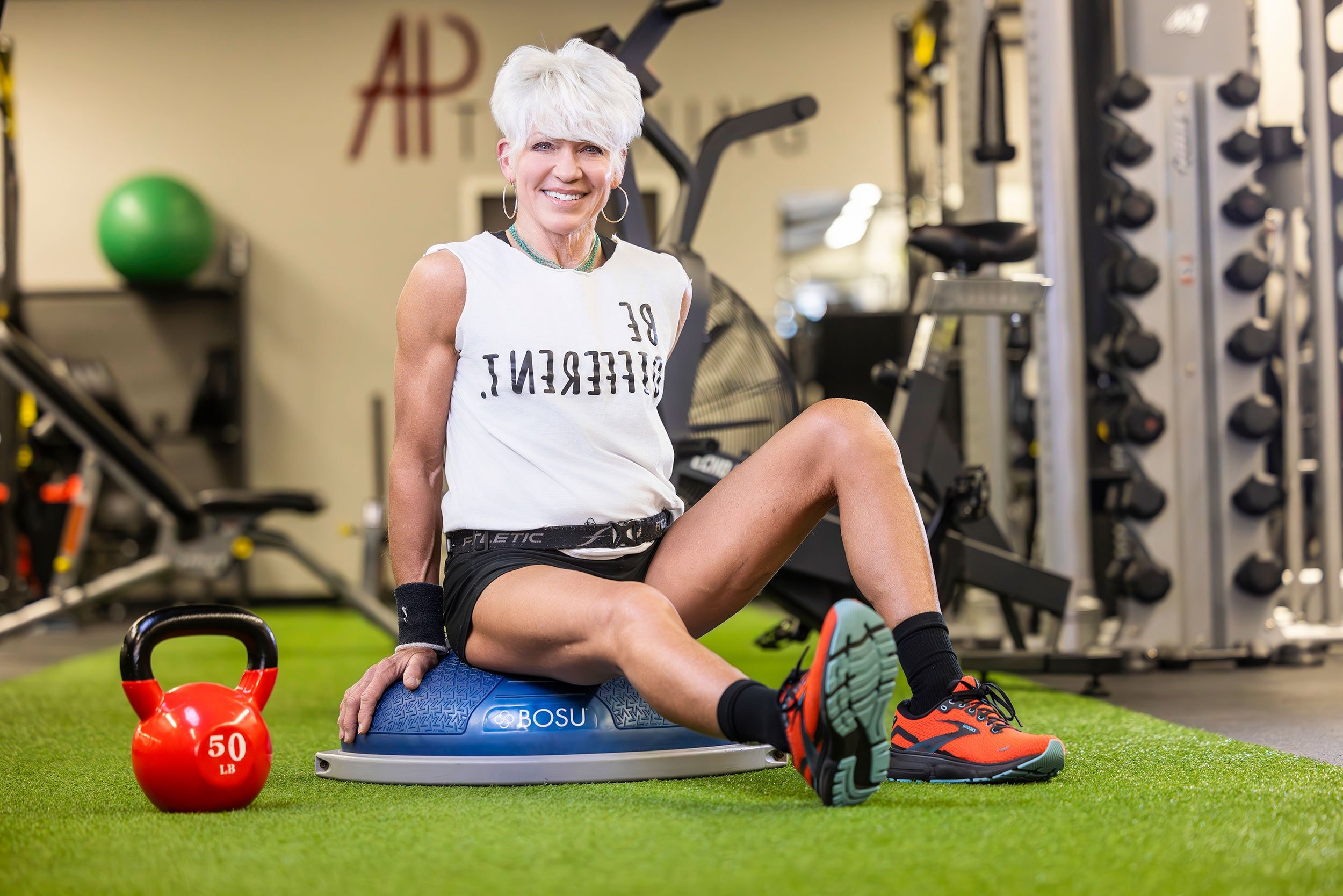
Prioritizing Physical Health for a Better Life
Prioritizing Physical Health for a Better Life
Physical health is an essential part of overall well-being and is the foundation for a happy, fulfilling life. It affects everything from how we feel each day to how long we live. Whether it’s keeping our bodies in shape, preventing chronic diseases, or boosting our mental health, physical health plays a key role in our ability to live life to the fullest. In this post, we’ll dive into why physical health is so important and explore practical ways to improve and maintain it for long-term success.
Why Physical Health Is Essential
Good physical health is not just about looking good; it’s about feeling your best and functioning at your highest potential. When we’re in good health, we have the energy and stamina to tackle daily tasks, pursue our goals, and enjoy life’s pleasures. Conversely, poor physical health can lead to fatigue, low energy, and an increased risk of illness. It can also limit our ability to engage in the activities we love, leading to frustration and diminished quality of life.
Moreover, maintaining physical health improves longevity, helping us to live a longer, more productive life. It can reduce the risk of developing chronic diseases, such as heart disease, diabetes, obesity, and even some forms of cancer. Investing in your physical health now can lead to a longer and more vibrant future.
The Core Aspects of Physical Health
-
Exercise and Movement: Regular physical activity is one of the most important factors in maintaining good health. Exercise keeps the body strong, helps regulate weight, improves circulation, and boosts overall energy levels. It can also reduce the risk of chronic conditions like heart disease, stroke, and high blood pressure. You don’t need a gym membership to stay active—simple activities like walking, cycling, or dancing can make a significant difference.
-
Balanced Diet: What we eat plays a significant role in our physical health. A well-balanced diet, rich in fruits, vegetables, whole grains, lean proteins, and healthy fats, provides the nutrients our bodies need to function at their best. Avoiding processed foods, sugary drinks, and excess salt can help maintain a healthy weight and reduce the risk of conditions like diabetes and heart disease.
-
Sleep: Sleep is a crucial component of physical health. It’s during sleep that the body repairs and regenerates tissues, strengthens the immune system, and clears toxins from the brain. Adults typically need 7-9 hours of quality sleep each night for optimal health. Good sleep hygiene—such as a consistent bedtime routine and limiting screen time before bed—can help improve sleep quality.
-
Hydration: Staying hydrated is essential for maintaining physical health. Water is involved in nearly every bodily function, from regulating body temperature to aiding digestion and nutrient absorption. Aim to drink at least eight 8-ounce glasses of water a day to stay properly hydrated, especially if you’re physically active.
-
Stress Management: Chronic stress can take a toll on physical health, leading to issues like high blood pressure, digestive problems, and even heart disease. Finding ways to manage stress is key to maintaining overall health. Relaxation techniques, such as meditation, yoga, and deep breathing exercises, can help reduce stress and improve both mental and physical health.
Simple Ways to Improve Physical Health
-
Incorporate Movement into Your Day: Even if you’re busy, try to incorporate movement into your daily routine. Take the stairs instead of the elevator, go for a walk during lunch breaks, or stretch while watching TV. Every little bit of movement counts.
-
Plan Healthy Meals: Meal planning can help ensure that you eat nutritious, balanced meals throughout the week. Focus on whole foods and include a variety of colorful fruits and vegetables in your meals. Try to avoid processed foods and limit your intake of sugars and unhealthy fats.
-
Create a Sleep Routine: To improve your sleep, try going to bed and waking up at the same time every day. Create a relaxing bedtime routine, such as reading a book or listening to calming music, to help signal to your body that it’s time to rest.
-
Drink More Water: Carry a reusable water bottle with you throughout the day to remind yourself to stay hydrated. If you find plain water boring, try adding slices of lemon, cucumber, or mint for a refreshing twist.
-
Take Time to Relax: Set aside time each day for stress-relief activities, such as walking in nature, practicing mindfulness, or engaging in a hobby you enjoy. Managing stress effectively can help improve your overall physical health.
The Benefits of Prioritizing Physical Health
When you make your physical health a priority, the benefits are far-reaching. Regular exercise, a healthy diet, and sufficient sleep can improve your mood, boost your immune system, and enhance cognitive function. You’ll experience more energy, increased confidence, and greater productivity in all areas of your life.
Physical health also supports mental health by reducing the symptoms of anxiety and depression. Exercise, for example, stimulates the production of endorphins, which are chemicals in the brain that promote happiness and well-being.
Conclusion
Physical health is not just about being free from illness—it’s about feeling your best and living a vibrant, active life. By incorporating regular exercise, eating a balanced diet, getting enough sleep, staying hydrated, and managing stress, you can greatly improve your physical health and set yourself up for a long, healthy, and fulfilling life. Small changes in your daily routine can lead to big improvements in how you feel and how you live. So take the time to prioritize your physical health—you’ll be glad you did!
Sign up with your email and always get notifed of zerodevicesnet Lifestyles latest news!



